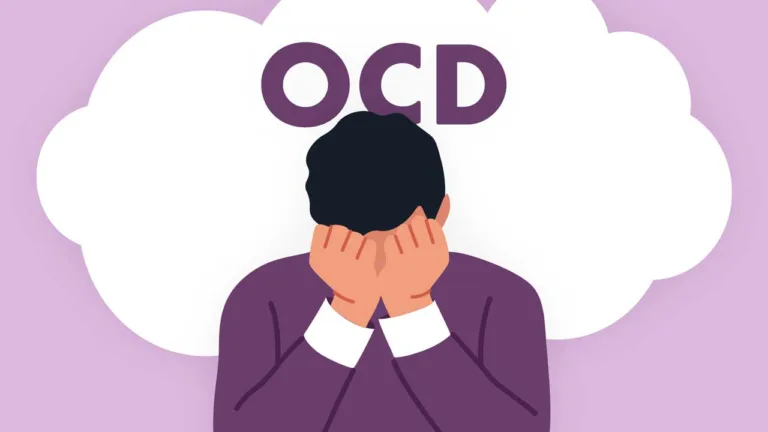
Obsessive-Compulsive Disorder (OCD)
Obsessive-Compulsive Disorder (OCD) is a mental health condition characterized by recurring, unwanted thoughts (obsessions) and repetitive behaviors or mental acts (compulsions) that individuals feel compelled to perform to alleviate the distress caused by their obsessions.
Obsessions are intrusive and persistent thoughts, images, or urges that cause significant anxiety or distress. Common obsessions include fears of contamination, doubts about safety, a need for symmetry or order, and intrusive thoughts of harming oneself or others.
Compulsions are repetitive behaviors or mental acts that individuals feel driven to perform in response to their obsessions. These compulsions are often aimed at reducing the anxiety or preventing a feared outcome associated with the obsession. Examples include excessive hand-washing, checking, counting, arranging items in a particular order, or repeating specific phrases or prayers.
OCD can significantly interfere with daily functioning and cause distress or impairment in various areas of life, including work, school, and relationships. The exact cause of OCD is not fully understood but is believed to involve a combination of genetic, neurological, environmental, and cognitive factors.
Treatment for OCD typically involves a combination of therapy, medication, and self-help strategies. Cognitive-behavioral therapy (CBT), particularly a form called exposure and response prevention (ERP), is considered the most effective psychotherapy for OCD. Medications such as selective serotonin reuptake inhibitors (SSRIs) or tricyclic antidepressants may also be prescribed to help manage symptoms.
It's essential for individuals with OCD to seek support from mental health professionals who can provide an accurate diagnosis and develop a comprehensive treatment plan tailored to their needs. With proper treatment and support, many people with OCD can learn to manage their symptoms and improve their quality of life.
